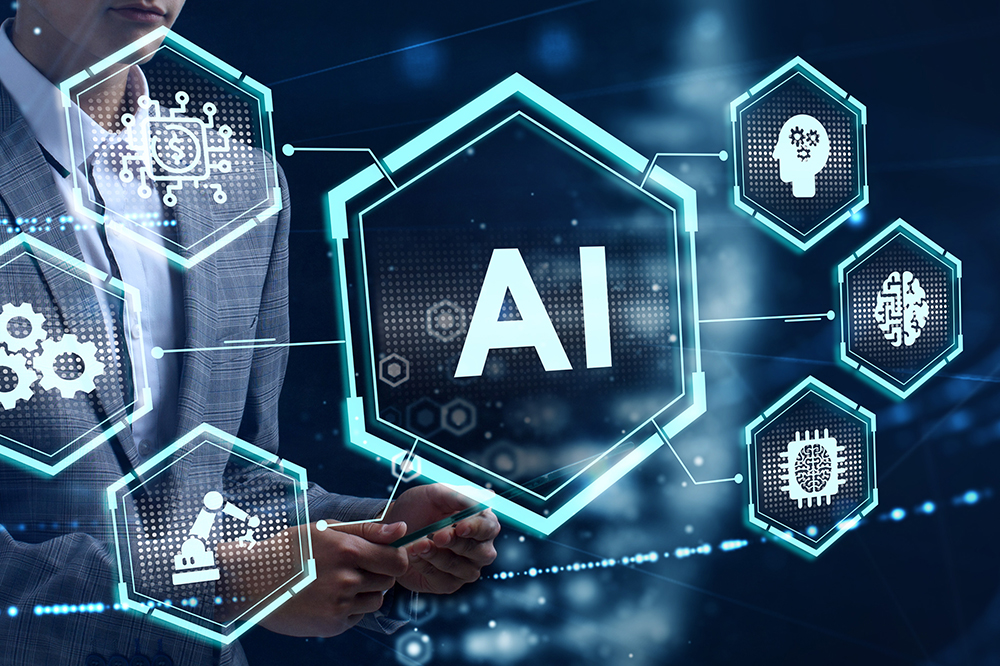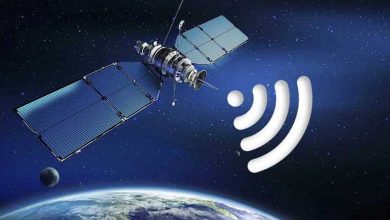Pros And Cons Of AI enabled Technology

Introduction:
Artificial intelligence (AI) has transformed various industries, revolutionizing the way we live, work, and interact with technology. From voice assistants and chatbots to autonomous vehicles and personalized recommendations, AI-enabled technology has become an integral part of our daily lives. However, like any powerful tool, it is essential to examine the pros and cons of AI-enabled technology. We will explore the benefits and potential drawbacks, shedding light on its impact on individuals and society.
Pros of AI-Enabled Technology:
1. Automation and Efficiency:
AI-enabled technology automates repetitive and time-consuming tasks, increasing efficiency and productivity in various industries. From data analysis and customer support to manufacturing and logistics, AI-powered systems can streamline operations, reducing human error and freeing up resources for more strategic and complex tasks.
2. Enhanced Decision Making:
AI algorithms can analyze vast amounts of data and generate insights to aid decision-making. By processing complex information and patterns, AI technology can provide valuable recommendations, enabling more informed and data-driven decisions in fields such as finance, healthcare, and marketing.
3. Personalization and Customer Experience:
AI-powered systems can analyze user preferences, behavior, and historical data to deliver personalized experiences. From targeted advertising and product recommendations to customized user interfaces, AI technology enhances customer satisfaction and engagement, providing tailored solutions and services.
4. Improved Healthcare:
AI-enabled technology has the potential to revolutionize healthcare. It can assist in diagnosing diseases, analyzing medical images, predicting patient outcomes, and supporting personalized treatments. AI-powered systems can augment the capabilities of healthcare professionals, leading to more accurate diagnoses, faster treatment decisions, and improved patient outcomes.
5. Advancements in Research and Science:
AI technology accelerates scientific research by analyzing vast amounts of data, identifying patterns, and generating insights. It can assist in drug discovery, climate modeling, genomics research, and other scientific endeavors, helping researchers make breakthroughs and advance their fields.
6. Enhanced Safety and Security:
AI-enabled technology contributes to enhanced safety and security measures. Facial recognition systems, video surveillance, and anomaly detection algorithms can aid in crime prevention, threat detection, and public safety. AI-powered cybersecurity systems can identify and respond to cyber threats, protecting sensitive data and networks.
Cons of AI-Enabled Technology:
1. Ethical and Bias Concerns:
AI systems are only as good as the data they are trained on. If the data used to train AI algorithms contains biases or reflects societal inequalities, it can lead to biased or discriminatory outcomes. It is crucial to address ethical considerations and ensure fairness, transparency, and accountability in AI-enabled technology.
2. Job Displacement and Workforce Changes:
AI automation has the potential to replace certain job roles, leading to workforce displacement and changes in the job market. While AI technology creates new opportunities, it also requires individuals to adapt their skills and acquire new ones to remain relevant in a changing job landscape.
3. Privacy and Security Risks:
AI technology collects and processes vast amounts of personal data, raising concerns about privacy and security. Misuse or unauthorized access to this data can lead to breaches, identity theft, or invasion of privacy. It is essential to implement robust security measures and adhere to data protection regulations to safeguard user information.
4. Dependence and Reliability:
Overreliance on AI systems can create dependencies and challenges when these systems fail or produce inaccurate results. AI technology is not infallible and can make errors, particularly in complex and unpredictable scenarios. Human oversight and verification are crucial to ensure the reliability and validity of AI-enabled technology.
5. Lack of Human Interaction:
AI-enabled technology, such as chatbots and virtual assistants, can lack the warmth and empathy of human interaction. While they offer convenience and efficiency, they may not fully meet the complex emotional and social needs of individuals. Balancing AI technology with human interaction is essential, particularly in fields like healthcare and customer service where empathy and understanding are vital.
6. Limited Creativity and Intuition:
AI systems excel at data analysis and pattern recognition, but they may lack the ability to think creatively or make intuitive leaps. Human creativity, intuition, and subjective judgment are still valuable and necessary in many domains that require innovation, artistic expression, and critical thinking.
Conclusion:
AI-enabled technology has the potential to transform industries, enhance efficiency, and improve lives. However, it is crucial to understand and address the associated pros and cons. By ensuring ethical considerations, addressing biases, and prioritizing human oversight, we can harness the benefits of AI while mitigating potential risks. Collaboration between humans and AI technology can lead to powerful and impactful outcomes, paving the way for a future where AI serves as a valuable tool, augmenting human capabilities and driving positive change.



